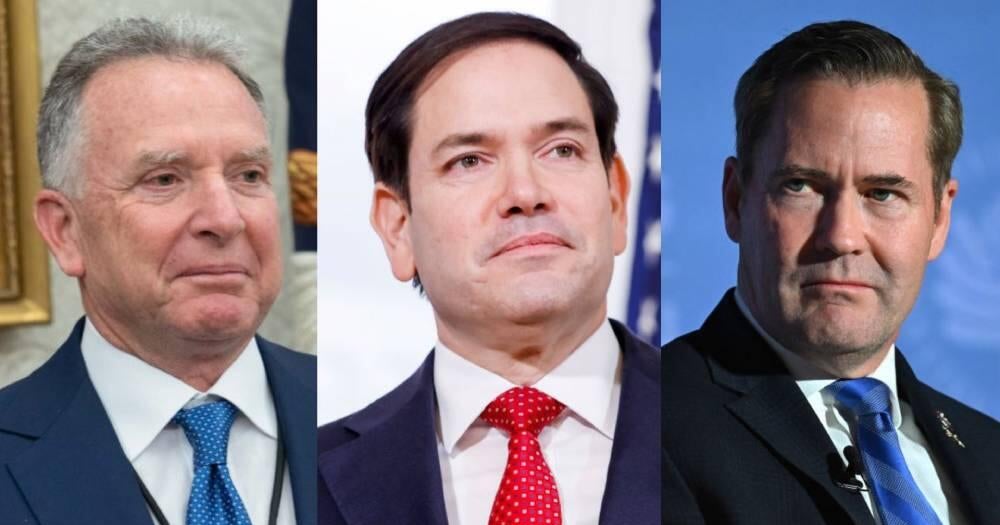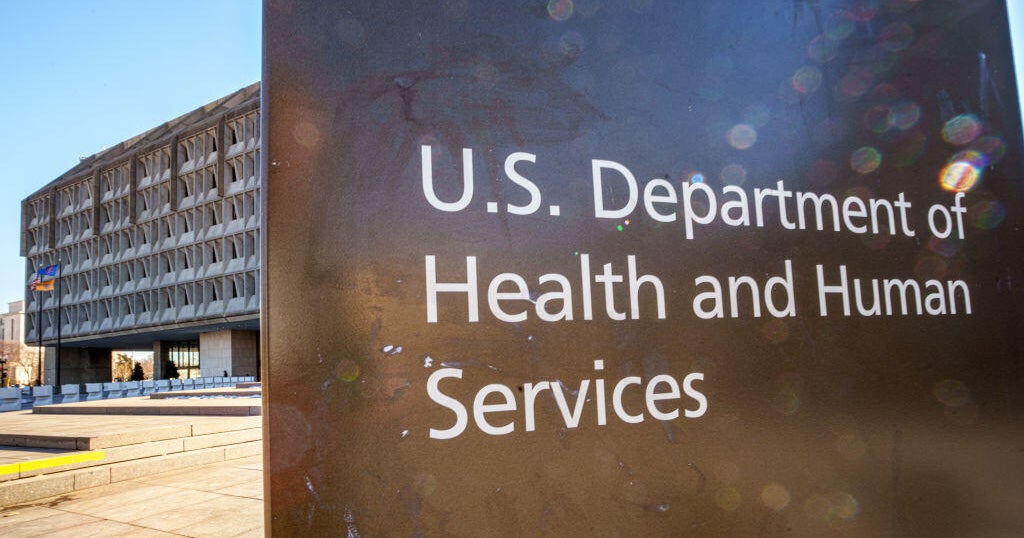North Korea summit: Will Trump bring up human rights abuses with Kim Jong Un?
SINGAPORE -- When President Trump and North Korean leader Kim Jong Un meet for the first time here on Tuesday, the central matter at hand will be discussing a potential agreement in which Kim gives up the country's nuclear program in exchange for economic aid. But North Korea is not the secluded international pariah that it is solely because of its nuclear capabilities. The Kim dynasty is also one of the worst human rights abusers on the planet, with a decades-long history of brutalizing its people.
As the nuclear issue takes center stage in Singapore, whether the president will attempt to convince or compel Kim to curb his regime's cruel treatment of its own citizens remains an open question.
Mr. Trump has repeatedly said that North Korea stands to reap the economic benefits of engagement with the U.S. if it agrees to denuclearization. But North Korea experts argue that human rights needs to be part of the discussion if the North hopes to begin normalizing relations with the U.S. and the world.
"Eventually, for normalization to work, you're going to have to deal with the human rights issue," said Ambassador Robert Gallucci, the chief U.S. negotiator during the 1994 North Korean nuclear crisis, when the two countries nearly went to war over the North's pursuit of nuclear weapons.
The State Department said in its most recent report on human rights that North Koreans face "egregious human rights violations by the government in nearly all reporting categories." Using satellite imagery, defector interviews, media reports and other sources, the department found between 182 and 490 detention facilities spread across North Korea. Some human rights groups estimate that up to 200,000 prisoners are forced into grueling labor in the camps, where death and deplorable conditions are the norm.
"Mothers were in some cases reportedly forced to watch the infanticide of their newborn infants. Defectors continued to report many prisoners died from torture, disease, starvation exposure to the elements, or a combination of these causes," according to the State Department, which also found that prisoners are driven to catching and eating rodents, frogs and snakes to survive.
North Koreans who manage to avoid running afoul of the regime still lack basic freedoms. The government controls all employment and wages in the country. A free press is nonexistent. Elections are a sham. In 2015, the government reported turnout of 99.97 percent in 2015, with the government claiming 100 percent of voters approved of the ruling party's chosen candidate.
Those who try to speak out against the regime put their lives on the line. The government routinely executes political prisoners, carrying out 340 public executions from 2012 to 2016, according to the Institute for National Security Strategy, a South Korean think tank.
Secretary of State Mike Pompeo visited Kim in North Korea twice to lay the groundwork for the summit in Singapore. He said he raised the issue of human rights with Kim and promised "it will be a part of the discussion going forward."
Yet Mr. Trump has avoided broaching the topic of human rights in many meetings with foreign leaders, including the president of the Philippines and king of Saudi Arabia. The extent to which Mr. Trump will discuss the topic with Kim in Singapore remains to be seen. When discussing U.S. goals for the summit, administration officials and the president rarely mention human rights.
"Our objective for the summit is very clear: We want to achieve a fundamentally different strategic relationship between our two countries," Pompeo said just days before he summit. He added that denuclearization is the top goal and "in exchange for that, we're prepared to do things that provide them the security assurances that they need and the warmer political relationship that they need as well."
Mr. Trump has committed to bring up at least one area of concern to human rights advocates during the meeting. Last week, the president told Japanese Prime Minister Shinzo Abe that he would discuss with Kim the abduction of at least a dozen Japanese nationals by North Korean agents in the 1970s and 80s. A Japanese official said the country would be willing to provide aid to North Korea in exchange for the release of the captives and resolution of the nuclear issue. The official said Japan was not insisting on pressing North Korea on broader human rights violations.
The two other countries with a keen interest in bringing North Korea to the negotiating table -- South Korea and China -- have not issued strong condemnations about human rights in the hermit kingdom. South Korean President Moon Jae-in, who views himself as a reformer and facilitator of diplomacy between the U.S. and the North, has allowed humanitarian and development groups to re-engage with North Korea. Last year, South Korea approved a $8 million aid package for women and children at risk in North Korea, according to a report from Human Rights Watch. The assistance will be distributed by UNICEF and the U.N. World Food Program without requiring any concessions by the North on human rights.
When a high-ranking North Korean official visited the White House less than two weeks ago, he delivered a letter from Kim to Mr. Trump and visited with U.S. officials in the Oval Office. Mr. Trump said they did not discuss topics beyond the planned summit.
"We did not talk about human rights," Mr. Trump told reporters after the meeting. Yet, he said, "I really think they want to do something," insinuating that getting the ball rolling on denuclearization negotiations could lead to broader conversations on other issues.




